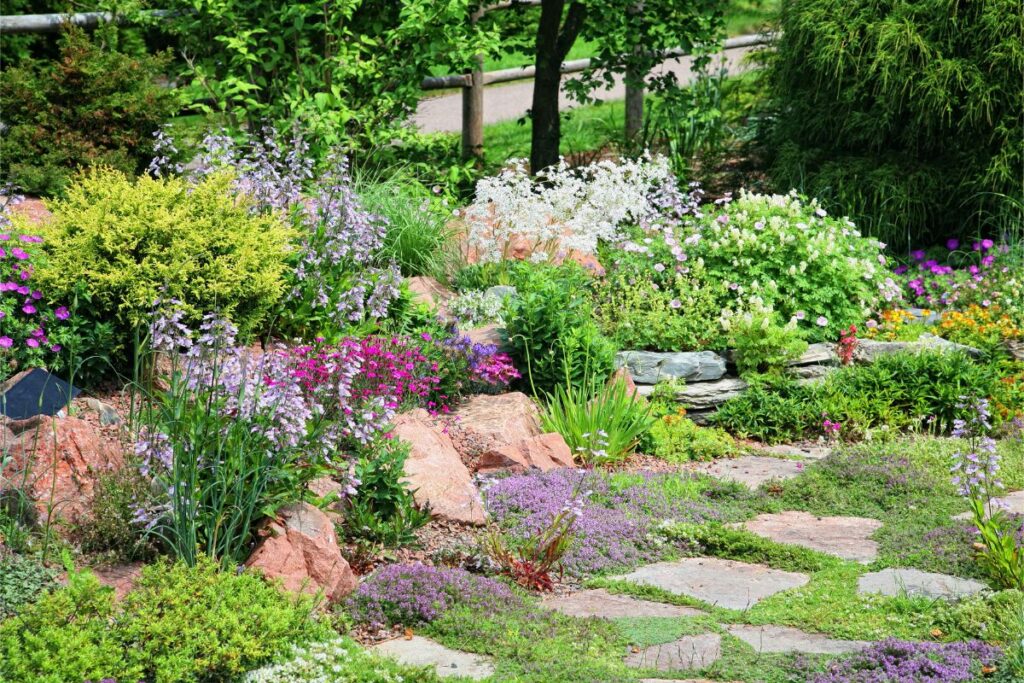Maintaining a Healthy Garden: Pest Control Strategies for Your Outdoor Space
Your garden is an extension of your home, and no one likes to think of unwanted visitors invading their space. While there is an increase in awareness of creating habitats which are suitable for insects and wildlife within gardens, some creatures can be pests and actually cause damage to your garden, plants or property. These tips will help you reduce the risk of sharing your garden with annoying pests.

Always Place Trash in a Lidded Bin
Skunks live in almost every region of the United States and although their diet is mainly insects, they are attracted to trash, where they’ll scavenge. Squirrels can also be opportunistic creatures and rummage through bins, and raccoons – who have earned the nickname trash pandas – will also be drawn to areas of food waste and other refuse. Trash also attracts rats and mice. All these animals can carry germs and make your home and garden unhygienic, which is why it is important to place all waste in a lidded bin. If you save scraps for a compost heap, ensure this also has a lid to keep out unwanted guests. These larger creatures are capable of chewing through electrics causing possible faults and outages and even fires. For expert advice and solutions in rat control, trust the experts in rat control from Integrum Services.
Be Thorough
If you notice unwelcome insects such as cockroaches around your home, there is probably an infestation. Insects like to nestle in warm areas such as underneath furniture or in dark corners, so be aware if you have garden furniture or wooden sheds or summerhouses that they may be nesting and breeding underneath. To treat the area and keep pesky pests away for good, call in the professionals. They will know the best way to tackle your individual problem and will be able to offer advice about how to avoid them returning.
Traditional Methods for Keeping Pests at Bay
Gardeners will know the struggle of maintaining a beautiful garden all year round. Green-fingered lovers of roses will feel they are in a constant battle with one particular insect – the green fly. Attracting predators such as ladybirds and butterflies with wildflowers – especially those with open purple blooms – can help keep green fly under control. Green flies are just one type of aphid that can be a pest for gardeners, but they can be deterred by spraying a gentle solution of dish washing liquid and water onto your plants. Mollusks such as slugs and snails can also be problematic. They often eat green leafy plants such as lettuce and cabbage, making them unpopular with anyone who enjoys growing their own vegetables. Beer traps are a traditional way to catch mollusks and protect your produce.
Fungi is No Fun
As well as animals, fungi can be a problem in your garden. Fungus loves damp conditions such as swampy, shaded areas and near streams and ponds and can also be caused by overwatering lawns, improper mowing, compacted soil which impacts drainage, and excess use of fertilizer. As well as tell-tale toadstools and mushrooms, brown patches of grass can be a sign of fungi. Fungicides can be used to treat damaged lawns and it is prudent to tackle the job quickly because it is rare for the problem to resolve itself and some fungi spread quickly if left. Natural fungicides include mixing a tablespoon of baking soda with five liters of water and spraying on the affected area until it is resolved.
Controlling pests in your garden means you can enjoy your outdoor space and be sure it is looking its best when you are relaxing, entertaining or upgrading your deck, lawn or patio.
